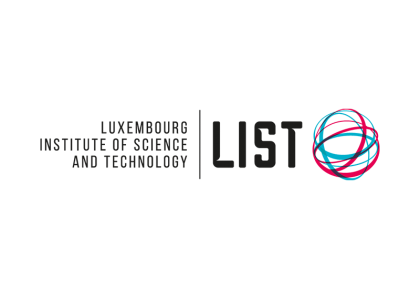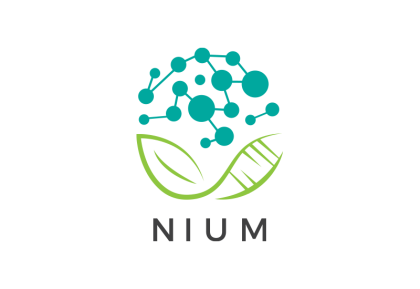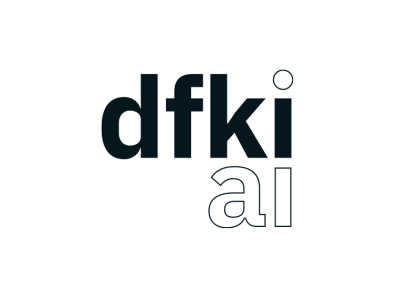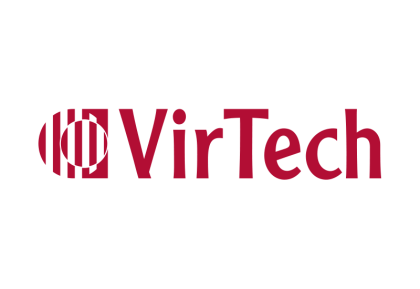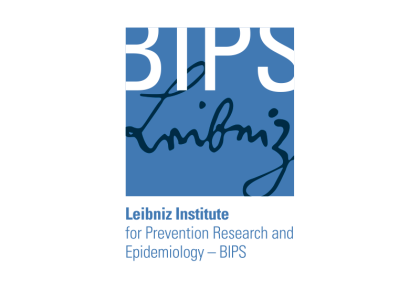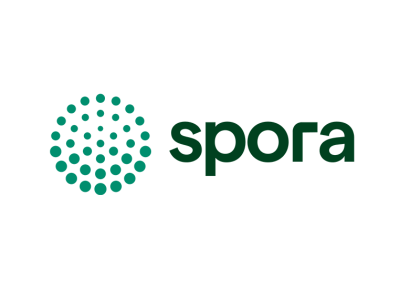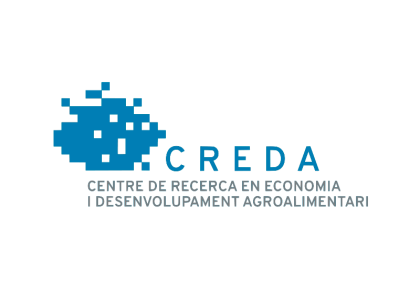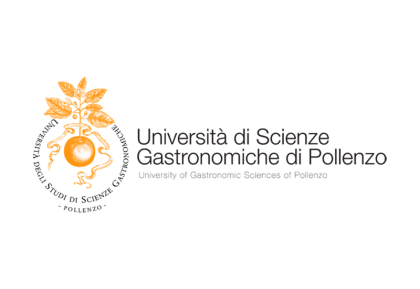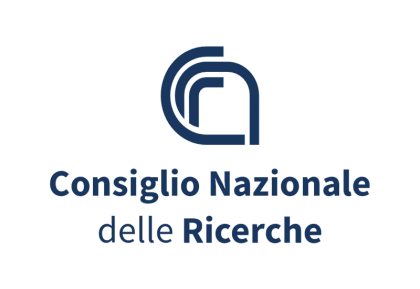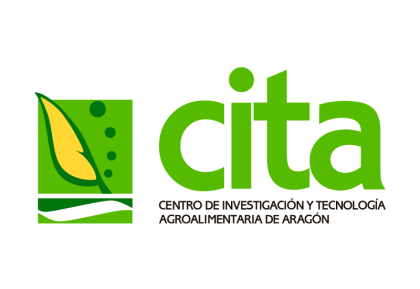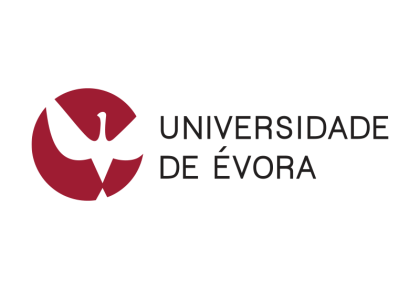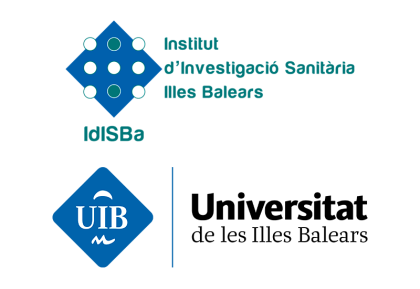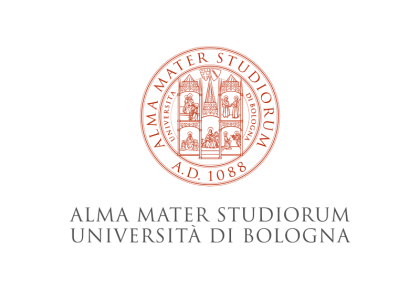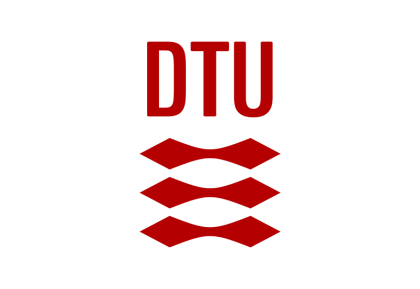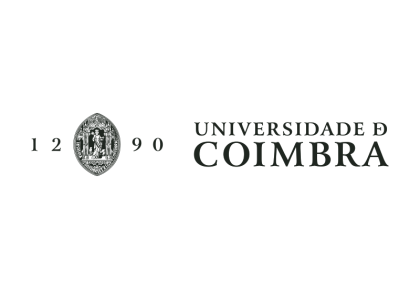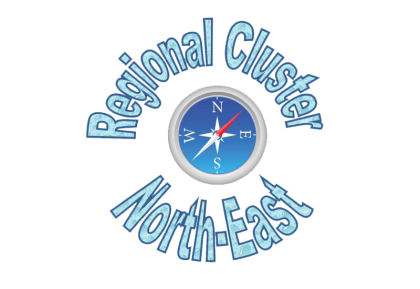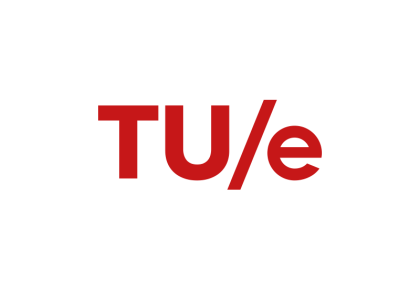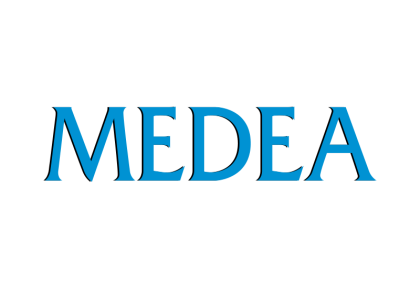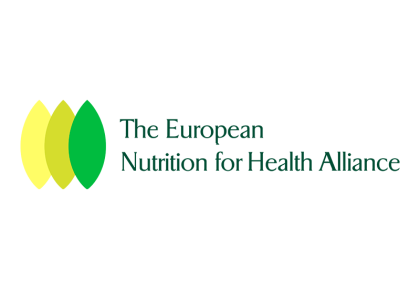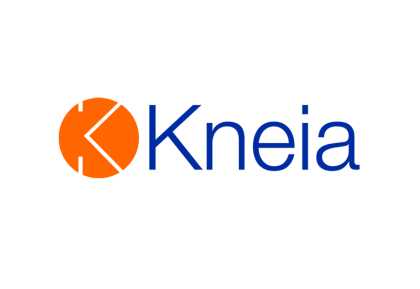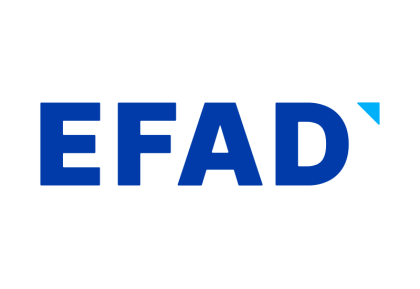The Luxembourg Institute of Health (LIH) is the HealthyW8 project coordinator and leader of Work Package 7 (Project management and coordination). LIH has expertise in clinical trial design and conduction, epidemiological studies, genetics, biomarker research, gut health, physical activity, and nutrition as well as expertise in European project management and legal services. The Centre for Clinical and Epidemiological Investigations and the Competence Center for Methodology and Statistics supports clinical trial planning and evaluation, while the Department of Precision Health investigates the relationship between lifestyle factors, physical activity and health outcomes and the Department of Infection and Immunity studies genetic background and gut microbiota diversity. Within the Department of Precision Health, the NutriHealth team led by Torsten Bohn as consortium coordinator specializes in nutrition and dietary patterns.
The Partners
Get to Know the HealthyW8 Team
-
 LIH - Luxembourg Institute of Health(Luxemburgo)
LIH - Luxembourg Institute of Health(Luxemburgo) -
 LIST - Luxembourg Institute of Science and Technology(Luxemburgo)
LIST - Luxembourg Institute of Science and Technology(Luxemburgo)The Luxembourg Institute of Science and Technology (LIST) will act as leader of Work Package 2: Participatory design of overweight/obesity prevention and management intervention strategies and tools. LIST brings expertise in Computer Science, Data Analytics, and Knowledge Engineering, specifically on Human Digital Twin models and theory, and context-aware personalised recommender systems. Relevant technologies include Human Digital Twin technologies, graph-based recommender systems, as well as a food knowledge graph and NLP-based recipe analysis service from LIFANA project.
-
 NIUM(Luxembourg)
NIUM(Luxembourg)NIUM brings expertise in software development, computer science, and bioinformatics. NIUM has developed the Nutrida mobile application to provide easy to follow dietary guidance by analysing each individual's preferences, lifestyle and health biomarkers. NIUM will focus on the upgrading of its Nutrida solution in Work Package 2 and support the implementation of the pilot and large-scale trials in Work Packages 3 and 4. Among others, biological biomarkers will be integrated in the app for recommendation personalisation.
-
 DFKI - Deutsches Forschungszentrum Fur Kunstliche Intelligenz Gmbh(Germany)
DFKI - Deutsches Forschungszentrum Fur Kunstliche Intelligenz Gmbh(Germany)DFKI adds expertise in ontology engineering for semantics-based modelling nutritional information, crowd-based curation of recipes, artificial intelligence, and support for user-centred R&D activities. The engaged department Cyber-Physical Systems is concerned with the development of hardware and software of high-quality using AI techniques and especially formal-logical methods. The BAALL sub-group has been engaged as technical coordinator in national and European projects relevant for HealthyW8, from which it will contribute to Work Package 2 with a food ontology linked with >28,000 dishes including nutritional values.
-
 VIRTECH - Virtech Ood(Bulgaria)
VIRTECH - Virtech Ood(Bulgaria)Virtech works on a number of cross-domain Internet of Things (IoT), Big Data, modelling, AI and ML, smart city solutions and telemedicine among others, which will contribute to Work Packages 2 to 5. Virtech will participate in use-case and pilot organisation and implementation, will provide methodology and tools for the LL, user requirement and user experience design and evaluation. The company has been involved in >20 EU projects and is a member of the Alliance for IoT Innovation – AIOTI, co-chair of WG Health and founding member of ACTIVAGE.ORG.
-
 BIPS - Leibniz Institute for Prevention Research and Epidemiology(Germany)
BIPS - Leibniz Institute for Prevention Research and Epidemiology(Germany)BIPS research spectrum covers methodological development, identifying causes of diseases, intervention, and implementation research over the life course. Furthermore, BIPS focuses on the nexus of implementation research and public policy to strengthen the uptake of evidence in public policy making and to support the building of a mutually reinforcing system to trigger population-based behaviour change. As a member of the Cochrane Europe group, BIPS is well suited to lead Work Package 1 (Inventory of best practices ad relevant levers for overweight/obesity prevention and management).
-
 Spora - Spora Sinergies Sccl(Spain)
Spora - Spora Sinergies Sccl(Spain)SPORA brings experience and methodological knowledge in relation to the design, dynamization and systematisation of participatory processes oriented to the design of public health policies. SPORA will provide HealthyW8 with methodological knowledge that will contribute to the participatory process of designing strategies and tools for the prevention and management of obesity (Work Package 2). The knowledge of SPORA's technical team related to stigmatisation processes of social groups will be applied to systematically reviewing the psychological and social factors that determine overweight/obesity, as well as the analysis of guidelines and recommendations issued by organisations or governments related to obesity prevention (Work Package 1).
-
 CREDA - Centre De Recerca En Economia I Desenvolupament Agroalimentari-UPC-IRTA(Spain)
CREDA - Centre De Recerca En Economia I Desenvolupament Agroalimentari-UPC-IRTA(Spain)CREDA is a research foundation supported by the Universitat Politècnica de Catalunya (UPC) and the Institute of Agrifood Research and Technology (IRTA). CREDA contributes to HealthyW8 Project with its experience in consumer behaviour analysis and integrating data from multiple sources. CREDA has experience also in policy recommendations for the agrifood sector, including healthy diet and its economic impact, which can be integrated in a sustainability assessment of healthy diet and compared with the costs that diseases related to obesity have on EU health expenditure. Prof. Kallas, CREDA senior researcher and seconded personnel of UPC, will lead activities on Work Package 5 (Multi-criteria and economic evaluation of the interventions) and contribute to Work Packages 1, 2 and 3.
-
 USG - Università Degli Studi Di Scienze Gastronomiche(Italy)
USG - Università Degli Studi Di Scienze Gastronomiche(Italy)USG adds strong research experience in the field of food, specifically for developing collaborative and participatory methodology to study food-related behaviours, and interpretative models for food choices and practices. USG has participated in several EU projects dealing with responsible research and sustainability-driven innovation in the food sector. USG will mostly contribute to Work Packages 3 (Implementation of pilot trials to validate the selected tools-assisted interventions) and Work Package 4 (Implementation of larger intervention studies with different target populations).
-
 CNR - Consiglio Nazionale Delle Ricerche(Italy)
CNR - Consiglio Nazionale Delle Ricerche(Italy)CNR brings experience in the study and development of collaborative and participatory tools on the web and the analysis and development of participatory inclusive methodologies and models for the co-creation of policies and innovative technological tools. CNR-IRPPS has participated and coordinated several European funded projects dealing mainly with responsible research and innovation, and health education. Within HealthyW8 Project, CNR will co-lead Work Package 2 (Participatory design of overweight/obesity prevention and management intervention strategies and tool) and lead some tasks (Task 2.2. and 2.3).
-
 CITA - Centro De Investigación Y Tecnologia Agroalimentaria De Aragón(Spain)
CITA - Centro De Investigación Y Tecnologia Agroalimentaria De Aragón(Spain)CITA provides experience in relation to meta-analysis linked to nutrition topics such as policy recommendations on healthy diets and their economic impact. CITA has a great experience in consumer behaviour, intervention studies with young adults and elderly people focus on healthy products, healthy diet, and ICT solutions for a personalised diet. CITA has participated in several European projects and will act as co-leader in Work Package 1 (Inventory of best practices and relevant levers for overweight/obesity prevention and management).
-
 UEV - Universidade de Évora(Portugal)
UEV - Universidade de Évora(Portugal)UEV brings researchers from multidisciplinary areas (Biological Sciences, Psychology and Sports and Health Sciences), with expertise in clinical trials and in national and international projects. Their researchers have a long experience in PA interventions, namely in the obesity area, as well as clinical psychology, contributing to the trials with children and young people. The UEV team has also a great expertise in salivary proteomics, related with food intake and metabolic processes, providing the expertise needed for monitoring salivary biomarkers changes within the trials. UEV work will contribute to Work Packages 1, 3 and 4.
-
 IDISBA - Fundació Institut D'investigació Sanitaria Illes Balears(Spain)
IDISBA - Fundació Institut D'investigació Sanitaria Illes Balears(Spain)IDISBA research team on Community Nutrition and Oxidative Stress (NUCOX) supplies expertise in epidemiological studies, related to obesity carried out in the EU and worldwide. Their research team is also included into the CIBEROBN project (Pathophysiology of Obesity and Nutrition) that gathers top Spanish research laboratories in health. This team provides HealthyW8 with technical expertise to assess nutritional and lifestyle habits, alterations of metabolic syndrome, diabetes, cardiovascular and non-alcoholic fatty liver diseases, as well as analysis of oxidative, antioxidant, inflammatory mechanisms in obesity and other pathological states. Its work will focus mainly on Work Packages 3 and 4.
-
 AOUBO - IRCCS Azienda Ospedaliero - Universitaria Di Bologna(Italy)
AOUBO - IRCCS Azienda Ospedaliero - Universitaria Di Bologna(Italy)IRCCS AOUBO is referral center for the management of patients with hepatological and nephrologic pathologies and Hub for solid organ transplantation in the Region. The outpatient facility includes physician and nursing personnel for the periodic medical, laboratoristic and instrumental examination. AOUBO brings expertise in multidisciplinary approach to patient management with the aim of improve the care pathway for patients after kidney and liver transplantation including counselling aimed at both prevention and treatment of metabolic syndrome and obesity related complications. Patients' management includes the collection of detailed dietary survey, delivery of nutritional indications or personalized dietary scheme, psychological interviews, motivational interviews, administration of specific questionnaires. These will support in defining strategies to be implemented in tools for preventing obesity in also other relevant populations (Work Package 2) and in managing and conducting pilot trials with these patients (with kidney and liver transplant ) to validate the selected tools-assisted interventions (Work Package 3).
-
 UNIBO - Alma Mater Studiorum - Universita Di Bologna(Italy)
UNIBO - Alma Mater Studiorum - Universita Di Bologna(Italy)UNIBO (University of Bologna) is an Affiliated Entity of AOUBO. Its clinical and research mission is the optimization of patients' management, via cooperation between dieticians, psychologists, and clinicians. Dr. Brodosi (employed by UNIBO) is part of the multidisciplinary clinical team and, within HealthyW8, will support the AOUBO team with the implementation of Work Package 3 activities including the support in the finalization of the study protocol and the co-performing of the follow-up visits to assess the feasibility and applicability of HealthyW8 interventions.
-
 DTU - Danmarks Tekniske Universitet(Denmark)
DTU - Danmarks Tekniske Universitet(Denmark)DTU brings expertise from human trials among different population groups including vulnerable groups like children and people patients with obesity. They measure quantitative/qualitative outcomes using questionnaires and , interviews, focus groups, and observations, collecting biological samples to measure biomarkers related to chronic diseases. Their expertise is based on in intervention studies, dietary surveys and biomarkers, psychosocial actors and inequalities in health, weight loss and weight maintenance promoters and barriers.
-
 UT - Universiteit Twente(The Netherlands)
UT - Universiteit Twente(The Netherlands)UT adds expertise in multidisciplinary eHealth daily life monitoring technology based on Electrical Engineering, focussing on finding solutions for medical challenges. Advanced (ambulatory) sensor and AI technology combined with the broad knowledge of the human body to improve prevention, diagnosis and treatment of obesity in clinical and home settings. UT has rich experience in multidisciplinary Dutch and EU projects for disease prevention and management using the eHealth telemonitoring techniques. The UT team has also extensive expertise in developing the daily life monitoring system for obesity prevention and intervention in this project.
-
 UC - Universidade De Coimbra(Portugal)
UC - Universidade De Coimbra(Portugal)UC brings together researchers from various disciplines (Anthropology, Geography, Nutrition, Genetics), promoting the cross-fertilization of research perspectives. The team, mostly from the Research Centre for Anthropology and Health, is primarily concerned with questions of human sociality, human health and well-being, and human-environment relations. Team members have participated in projects regarding the importance of the socioecological approach to the study of childhood obesity, the socioeconomic inequalities, and the impact of economic downturns on human health and behaviours. They will mostly contribute to Work packages 3 and 4.
-
 RCNE - Regional Cluster North-East(Bulgaria)
RCNE - Regional Cluster North-East(Bulgaria)RCNE is a public-private partnership bringing together municipalities, schools and vocational training centres, the College of Tourism and Agriculture, local Universities, the Varna Chamber of Commerce and Industry, NGOs and companies. RCNE has a "Science Corner" to organize events, especially with students and young people, on different topics such as: Green Cities, Science in the life, Food waste reduction, Healthy food and lifestyle.
-
 TU/e - Eindhoven University of Technology(The Netherland)
TU/e - Eindhoven University of Technology(The Netherland)TU/e participates with researchers from the departments of Industrial Engineering & Innovation Sciences and the Built Environment. They bring together their expertise in multiple disciplines including consumer research and healthy living environments, advanced data analysis techniques to derive multi-dimensional models from various data sources including personal health and social-environmental data, and development of health gamification tools. They have a long-standing tradition of collaborations with regional companies and public bodies, often coaching students on projects which address societal welfare challenges.
-
 MEDEA - MEDEA SRL(Italy)
MEDEA - MEDEA SRL(Italy)MEDEA contributes with expertise in Innovation Management and will define and implement a flexible impact evaluation framework to assess intervention impact on users’ QoL, service sustainability and innovation potential on the market. Via implementing a multidisciplinary methodology, MEDEA will provide support to analise existing nutrition guidelines dedicated to overweight & obesity prevention strategies (Work Package 1). On top of this, MEDEA will also provide expertise to the analysis of the project’s generated impact and to the economic evaluation and cost/benefit ratio analysis also providing a dedicated tool; the SMILE dashboard for impact assessment (Work Package 5). Furthermore, MEDEA expertise will be devoted to innovation management activities and HealthyW8’s exploitation of results according to validated methodologies and the deployment of specific strategies based on the project’s identified stakeholders (Work Package 6).
-
 EADS - Asociatia Euro Atlantic Diplomacy Society(Romania)
EADS - Asociatia Euro Atlantic Diplomacy Society(Romania)EADS has experience with network building and European projects by dealing with cross-cutting issues, societal resilience and UN SDGs. At the same time, the NGO acquired expertise in policy-making and advocacy by engaging and building long-lasting relationships with a wide range of stakeholders from various environments. Since 2018, the NGO has been granted with a special consultative status to the UN ECOSOC.
-
 ENHA - Stichting European Nutrition For Health Alliance(The Netherlands)
ENHA - Stichting European Nutrition For Health Alliance(The Netherlands)ENHA brings together key stakeholders in nutrition in Europe. Through its EU4Nutrition and country-level ONCA Campaign, ENHA bridges EU policies and programmes to drive the implementation of nutrition science that benefits EU citizens. ENHA is well-positioned to manage and steer targeted dissemination of HealthyW8 outputs through this vast (pan)European network. In addition, ENHA is highly experienced and skilled in translating nutrition science into policy recommendations; it has a track record in effective communication strategies, needed to align and engage stakeholders and to ensure the high and long-lasting impact of the HealthyW8 outcomes on society.
-
 KNEIA SL(Spain)
KNEIA SL(Spain)KNEIA has a deep knowledge and long-lasting experience in developing ad-hoc dissemination and communication strategies, conducting market research analyses, delivering specialist training sessions on the adoption of innovative practices, and defining route-to-market on new product development and launch. KNEIA will bring to the project the following infrastructure: Digital Workplace web-based platform tailored for HE projects, software applications for communication activities, online workshops, and website design. Finally, KNEIA’s expertise in communication, dissemination, and exploitation of the results to public and politics, will contribute to the success of Work Package 6 (Communication, Dissemination, Training, Exploitation and Clustering Activities).
-
 EFAD - The European Federation of the Associations of Dietitians(The Netherlands)
EFAD - The European Federation of the Associations of Dietitians(The Netherlands)EFAD and ENDietS (European Network of Dietetic Students, embedded in EFAD) add knowledge in nutrition/dietetics, preparation of suitable and sustainable recipe content considering food culture, created by specialists and dissemination of the project through a variety of activities. EFAD’s mission is to improve nutritional health and promote sustainable diets by advocating leadership roles for dietitians in collaboration with stakeholders. EFAD has connections to 40 HE Is in the EU and 33 National Dietetic Associations. ENDietS (European Network of Dietetic Students) connects over 9 000 nutrition & dietetics students in Europe.

